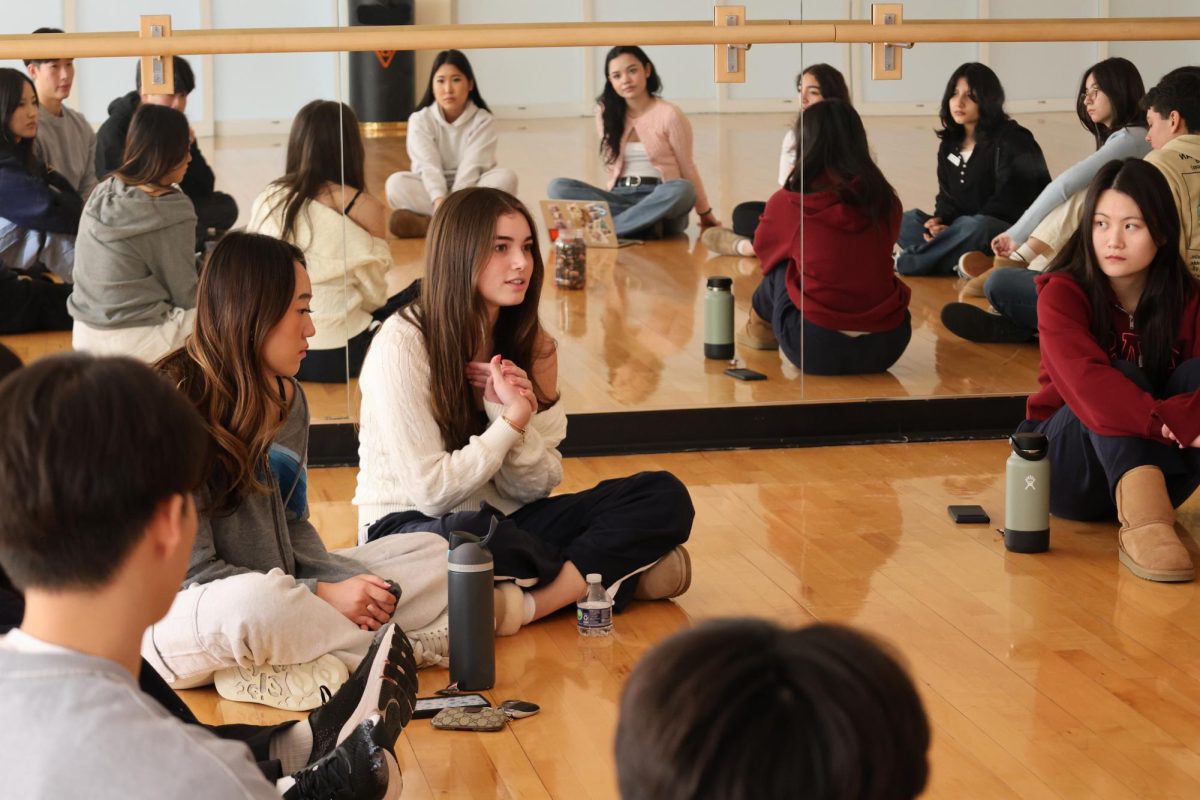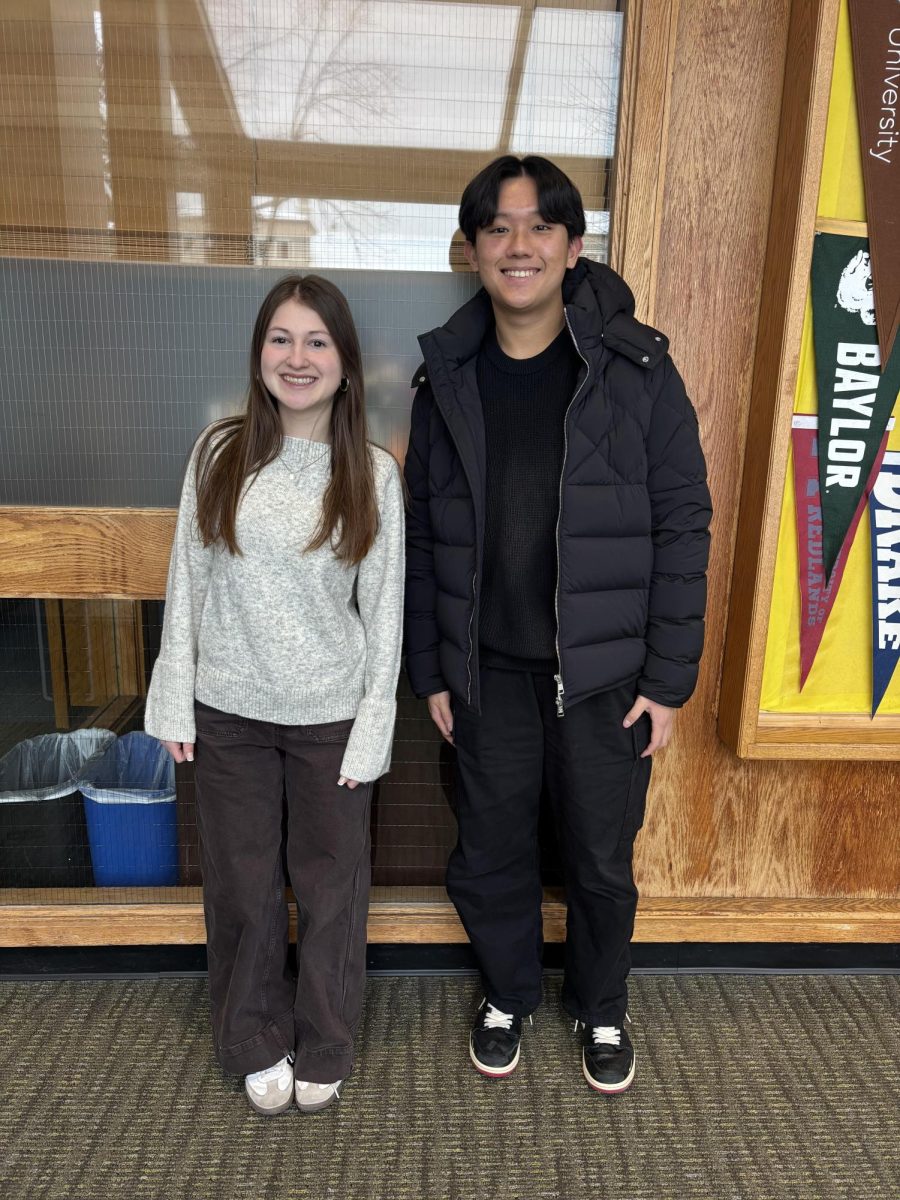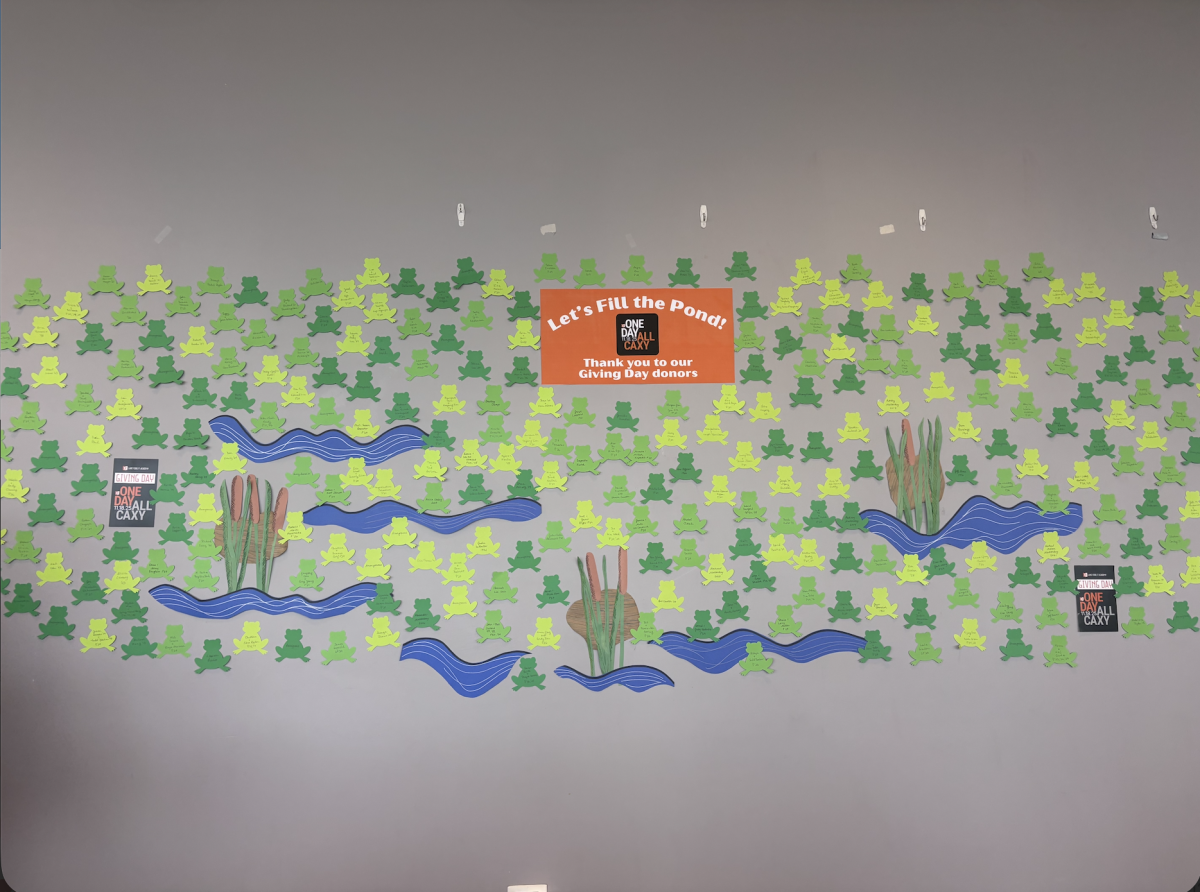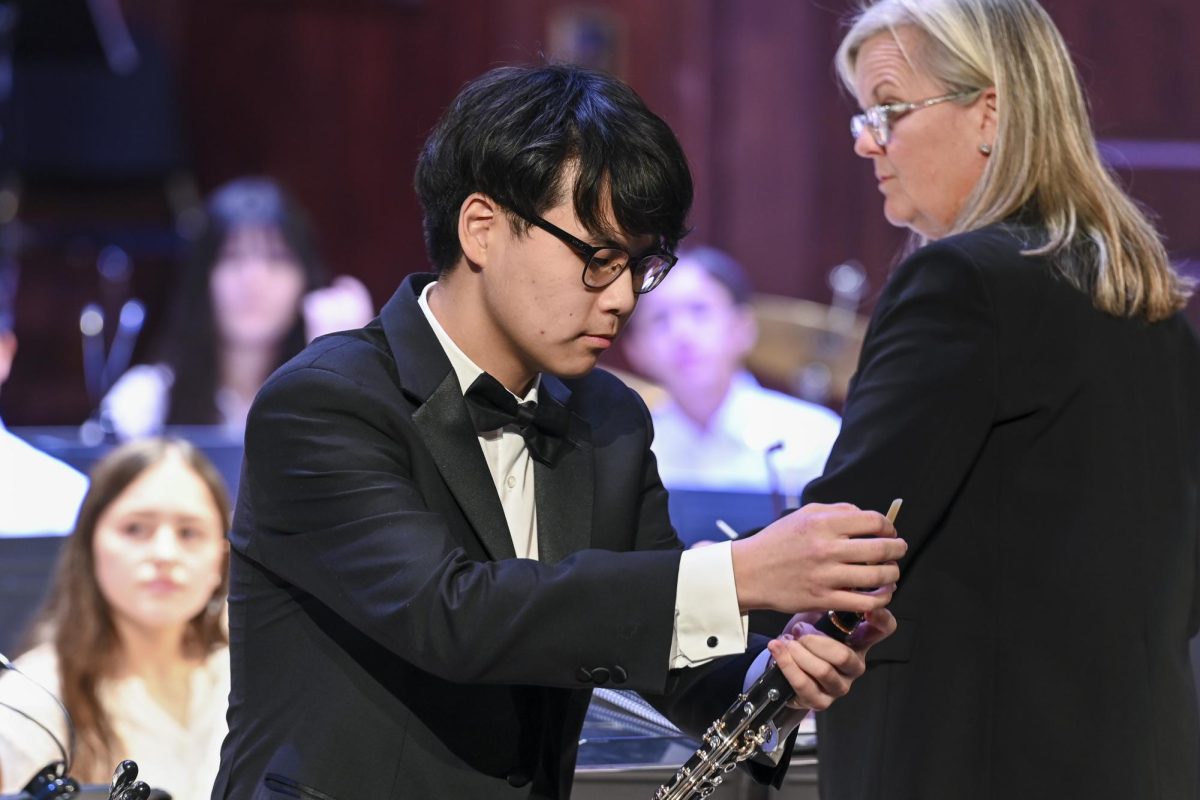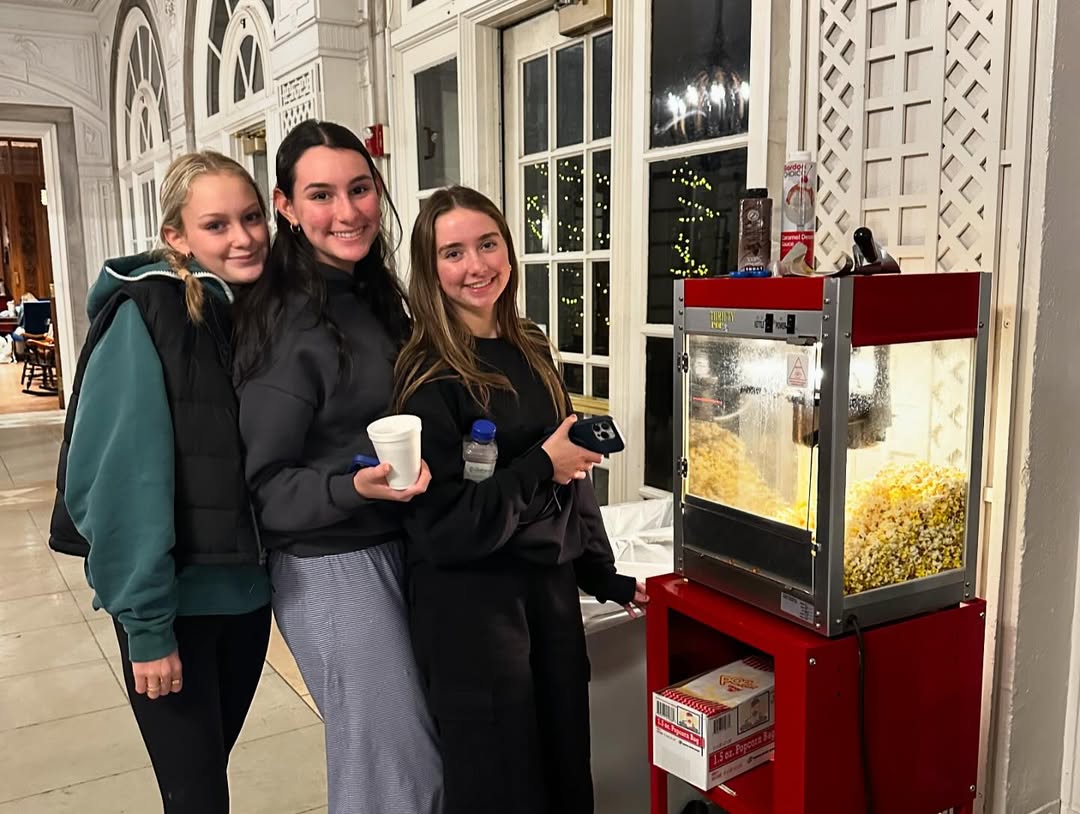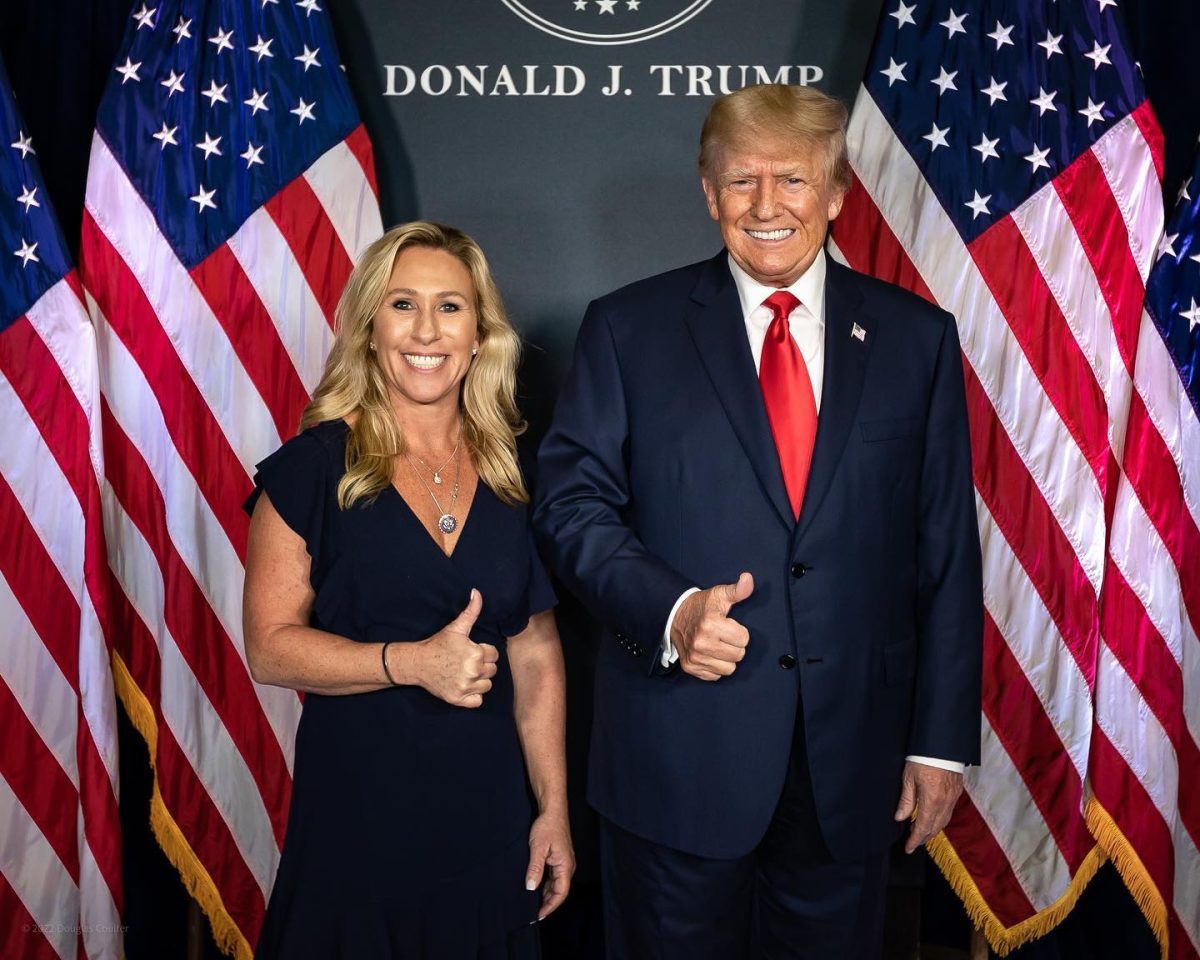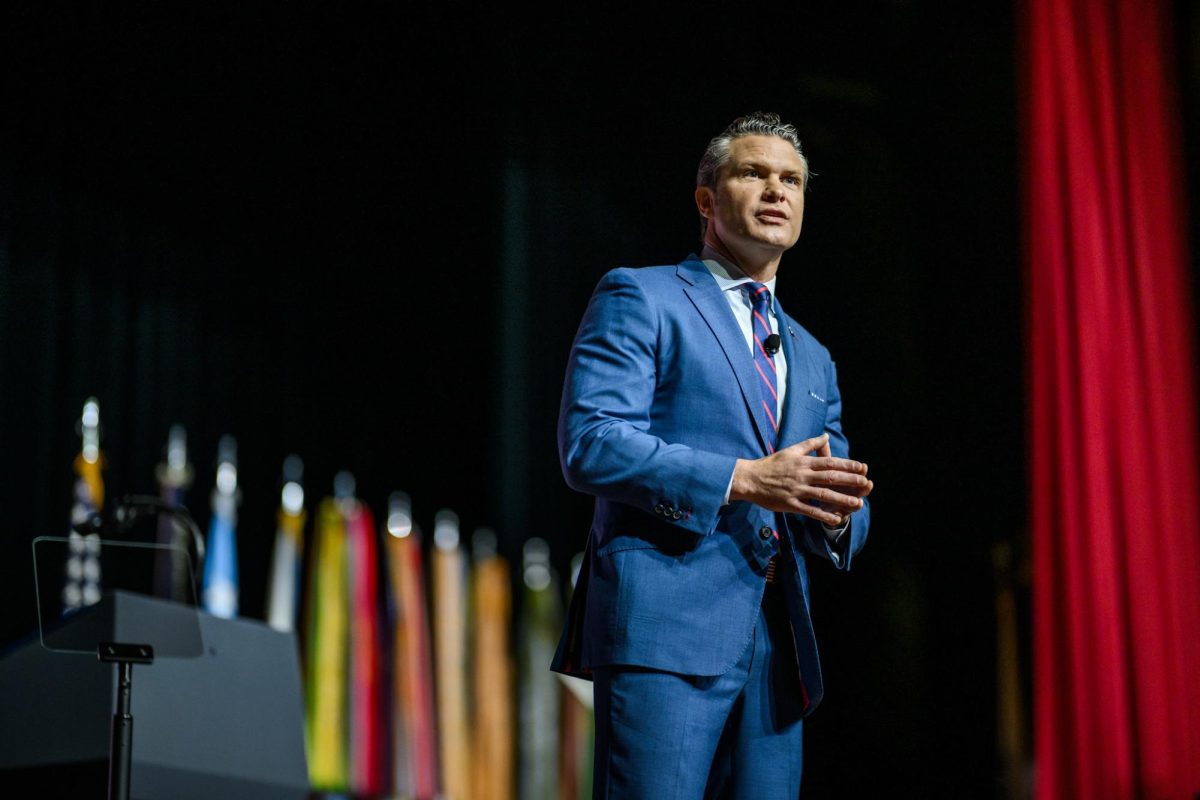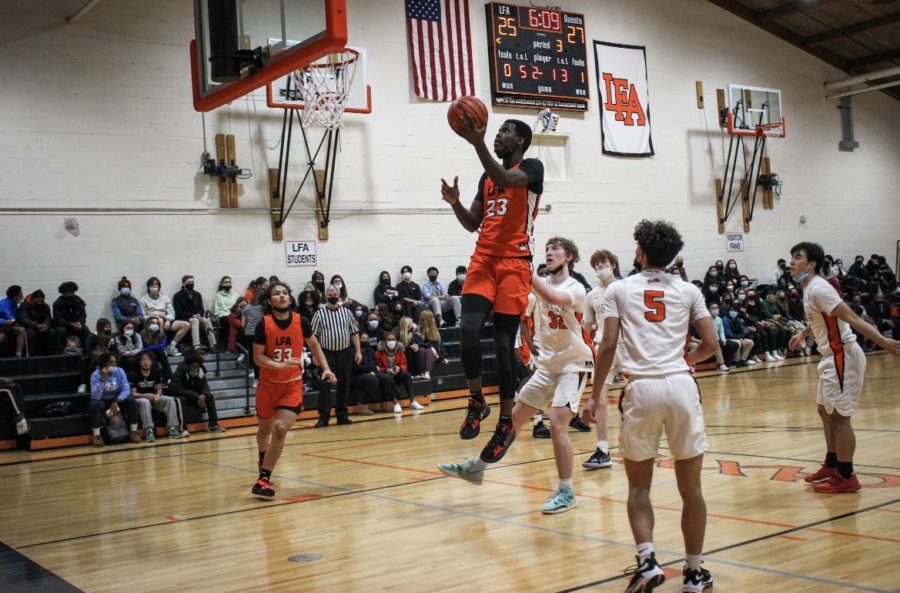A Lone Ambassador: Students Rep Culture From Home
May 27, 2022
LFA proudly holds a reputation of having a diverse international and ethnic community. Students and faculty are able to connect with people from all over the globe and learn about different cultures. This is one of the many attraction points that makes LFA stand out from other private schools across the country. However, something that goes unmentioned at LFA is the experience of students who are the only ones from their respective state or country.
Provided by the LFA Admissions team, the following students are currently the only representatives of their respective home countries or states: Enos Zaah from Georgia, Andrew Wong from Indonesia, Aaron Ing from Hawaii, Raya Farage from Gambia, Braeden Murray from Alabama, Timeea Bara from Romania, Diana Bishopp from Ohio, Gabriel Blinkis from Moldova, Yacine Ndiaye from Senegal, and Emi Sierra from Argentina.
A lot of boarding students are nervous or even a little afraid adjusting to the culture of not only LFA, but an entirely new state or even country. Enos Zaah, a student from the state of Georgia, who is ethnically Ghanaian, said that he was a little bit skeptical at first to make the adjustment food-wise, because as he puts it, “I really loved home cooked food, and at first, I didn’t really know how the school would even come near to making something like that.” For Diana Bishopp, a junior transfer student from Ohio, however, she was already used to the process of adjusting as she had, “already attended a prep school”, and has “traveled a lot for sports” so it felt more normal for her to adjust to the community. Many incoming students don’t have these past experiences at another boarding school and do still find it a little harder to adjust at first because of it.
Many boarding students also stress about making friends when coming to LFA, but this is an even harder task when you don’t share the same culture, or possibly even language, as anyone else in your community. Although these students don’t share a similar background; they are able to find inclusivity at LFA. Aaron Ing ‘25, LFA’s only student from Hawaii, said he feels “very included” at school. Ing also mentioned that “when I applied to LFA and other schools on the mainland of Hawaii, I was expecting to be a minority no matter where I went. So when I got to LFA, I was pleasantly surprised by the amount of diversity that the school had. It definitely helped me adjust and make friends.” Enos Zaah ‘25, said the same, with a regional connection helping him adjust, “I still feel included because I have many other people from the south, who are also my dorm mates, that help me feel at home nearly everyday.”
It may be difficult for LFA to reel in students from these countries when they have concerns about joining a student body where they don’t know anyone. However, Raya Farage ‘23 a junior transfer student from Gambia, said that the diversity of LFA made her more excited than skeptical. Farage stated she “had never gotten the opportunity to meet a group as diverse as the body of LFA. Learning from others is incredibly important as the people around you have a profound impact on your growth as an individual.” The school system in the United States is much different than the system in her home country of Gambia. The readiness to learn at LFA is unlike anything she’s ever seen before. This acclimation to the community from a transfer student is certainly even more difficult than as a freshman, and another transfer student, sophomore Andrew Wong ‘24 said, “the diversity of the school drew me to LFA!”
The transitional experience of coming to boarding school is usually seen as a tough enough burden on students who are just trying to fit into high school. Being a student who is the only person from their respective home state or country makes that transition even more difficult, with no one whom they can relate to and share the same cultural or ethnic experiences with. However, from student accounts, LFA has certainly made that transition easier through finding students from similar regions to account for a lack of shared experiences, and through the diversity and welcoming of the community, where most newcomers feel at peace.


